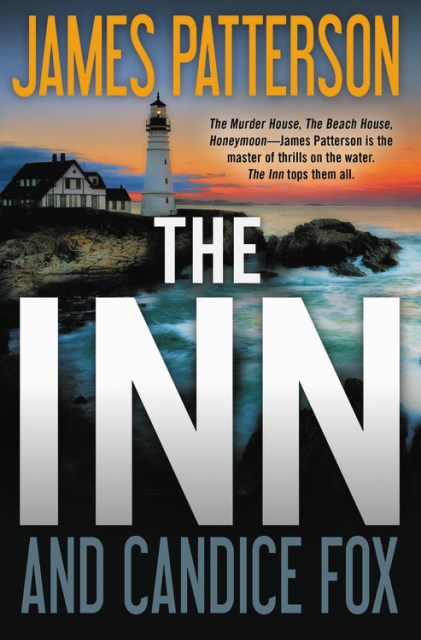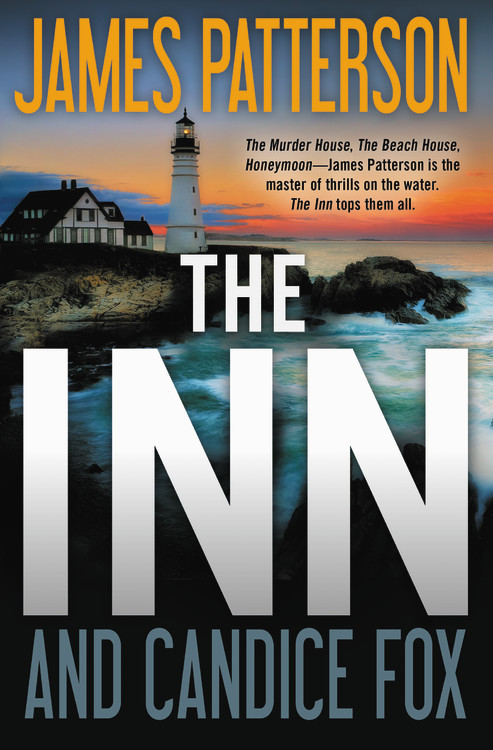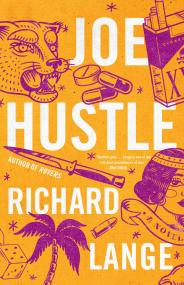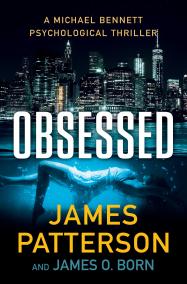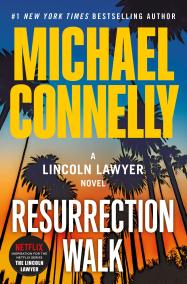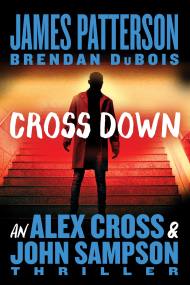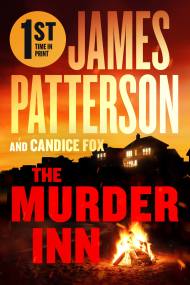The Inn
Contributors
With Candice Fox
Formats and Prices
Price
$16.99Price
$22.99 CADFormat
Format:
This item is a preorder. Your payment method will be charged immediately, and the product is expected to ship on or around March 3, 2020. This date is subject to change due to shipping delays beyond our control.
Also available from:
In this action-packed thriller, a quiet seafront town is targeted by vicious criminals, leaving locals no choice but to team up and save the place they love.
The Inn at Gloucester stands alone on the rocky shoreline. Its seclusion suits former Boston police detective Bill Robinson, novice owner and innkeeper. As long as the dozen residents pay their rent, Robinson doesn’t ask any questions. Neither does Sheriff Clayton Spears, who lives on the second floor.
Then Mitchell Cline arrives, with a deadly new way of doing business. His crew of local killers break laws, deal drugs, and bring violence to the doors of the Inn. That’s when Robinson realizes, with the help of journalist Susan Solie, that leaving the city is no escape from the reality of evil — or the responsibility for action.
Teaming up with Sheriff Spears and two fearless residents — Army veteran Nick Jones and groundskeeper Effie Johnson — Robinson begins a risky defense. The solitary inhabitants of the Inn will have to learn, before time runs out, that their only choice is between standing together — or dying alone.
Genre:
- On Sale
- Mar 3, 2020
- Page Count
- 416 pages
- Publisher
- Grand Central Publishing
- ISBN-13
- 9781538715444
By clicking 'Sign Up,' I acknowledge that I have read and agree to Hachette Book Group’s Privacy Policy and Terms of Use
